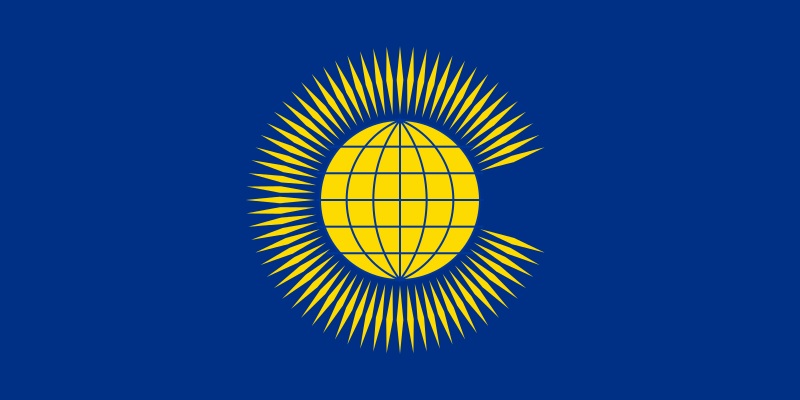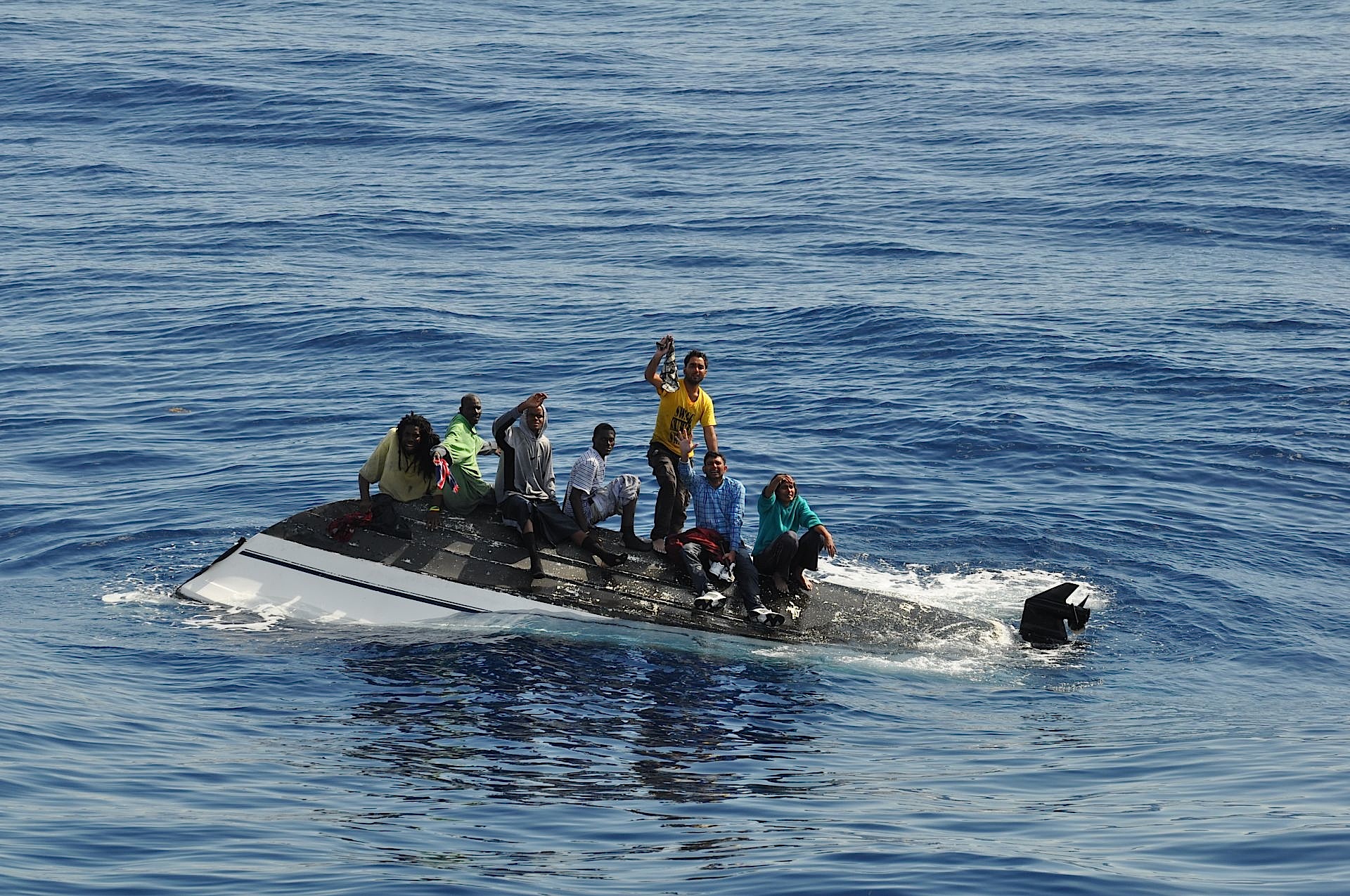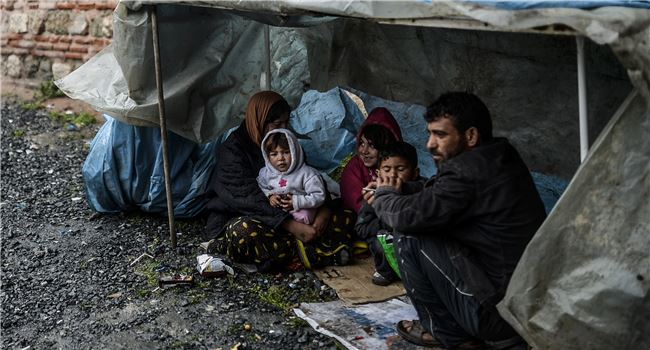Canada, as one of the Commonwealth’s 53 member states, has acted as an advocate for security expansion through the organization for many years. Helping found the Commonwealth in 1931, Canada has benefited from international trade blocs, and has consistently provided financial and socioeconomic aid to support lesser developed member states.
Today, the Commonwealth is a ‘soft’ association of independent nations. The lack of a binding institutional framework inhibits the efficacy of the organization, as member states are unsure as to when to provide support, and what supports are expected. A security union would go far in ensuring the long-term viability of the Commonwealth.
A binding defence agreement, like the North Atlantic Treaty, is implausible as Commonwealth members are already party to other security treaties, including NATO and the EU. This would create overlapping, and at times contradictory, duties and responsibilities which would inhibit the efficacy of all associated organizations. Furthermore, the Commonwealth was founded to protect individual national sovereignties, and a binding defence agreement would act against that principle.
Rather than a binding security agreement, the creation of an institutional framework to provide social programs would go far in keeping the Commonwealth values, while also fostering closer diplomatic ties. The Commonwealth has had previous success in supporting African countries’ transition to independence, by helping to structure legislation to protect Human rights.
For example, homosexuality laws in the developing world should be changed to acknowledge human rights. The Commonwealth should engage with these countries, like Uganda for example, where members of the LGBTQ community are harassed and persecuted for their sexuality. A unified Commonwealth stance on such issues would go far in legitimizing the alliance as an effective advocate of human rights.
The Five Power Defence Arrangements, signed in 1971, were conceived to “provide for the defence of Malaysia and Singapore until the then new states could fend for themselves.” The Arrangements which also involve the UK, New Zealand and Australia, create a platform for the negotiation of issues relating to common security. While the Arrangements are not binding, they do encourage closer diplomatic ties by allowing for the provision of funding and resources to overcome threats to national security, including disaster relief and anti-terror supports.
This arrangement could extend further to other member countries. NATO has laws and concrete rules in which a threat against one member is a threat against all. If a member of the Commonwealth is threatened, other countries should confer as to offer any aid including capital, soldiers, or intelligence. A promise to help in some way would not be a law, but the issue of security could be solved with an obligation to help alleviate threats.
If a threat cannot be solved, at least Commonwealth members can take it upon themselves to make an effort to confer and prepare a strategy for the member being attacked. The conception of the arrangement itself would force countries to be wary about threatening a Commonwealth member as other members could intervene and provide support.





